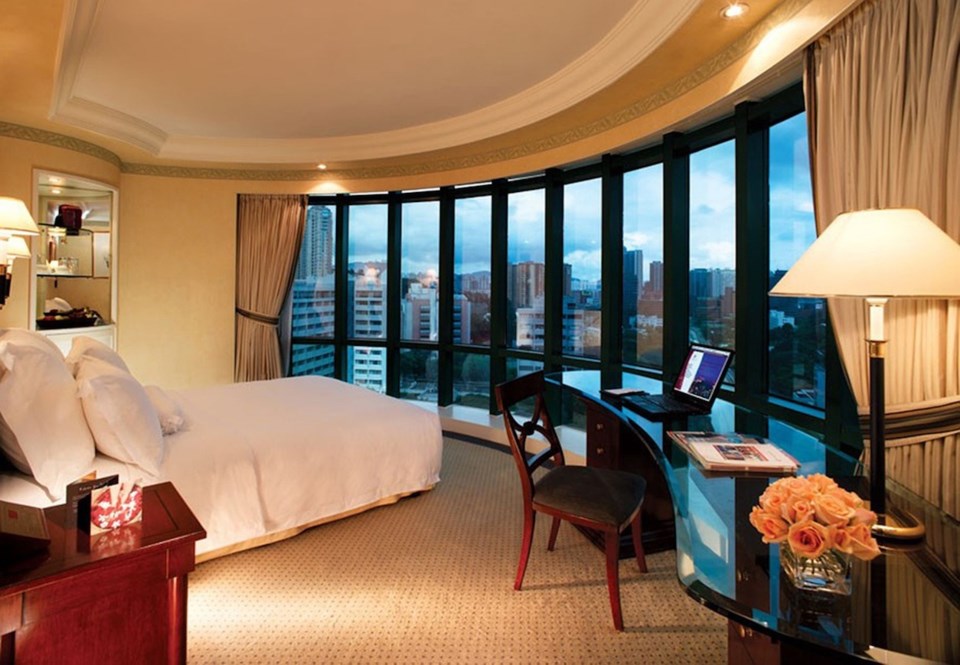Canada’s hotel industry will see revenues plunge by about 50 per cent this year due to pandemic closures and travel restrictions and the recovery could take up to three years, according to a startling new report from CBRE Hotels.
“The easing of travel restrictions and social distancing guidelines is the first step to recovery in the hotel sector, but consumer confidence is critical and may take a long time, plus a vaccine, to revive,” said Brian Stanford, senior managing director, CBRE Hotels. “And there could be further downside for the hotel sector to come.”
The B.C. Hotel Association estimates that 60 per cent of hotels in the province have closed since the global pandemic started in mid-March. Some hotels are booking rooms for foreign visitors, who must stay under quarantine, while others are accepting front line medical workers who need to isolate.
Provincial governments have also booked a number of hotel rooms for the homeless and others at risk on a temporary basis.
Revenue per available room (RevPAR), a key industry metric, will be slashed in half this year, with 2021 RevPAR performance still expected to be off 20 per cent from 2019 levels, according to CBRE,
“Relative to historic events, our current forecasts are suggesting a more protracted recovery post COVID-19, with the industry taking upwards of 36 months to recover to 2019 levels of RevPAR performance by 2023,” the report noted.
Here is some of what CBRE Hotels expects for the Canadian hotel sector in the months ahead:
• Recoveries will vary: It’s likely that full service hotels and resorts will experience a more protracted recovery in demand, given the importance of meeting/conference business. Conversely, limited service hotels, particularly those that have remained open, may see demand return more quickly.
• Survival mode: The industry is now into the survival phase. Owners and operators must map out a business plan to get past the next 12-18 months, the minimum time required before they can look ahead with some confidence.
• Adapt or die: Recovery will necessitate innovation at hotels to address social distancing protocols, enhanced sanitation measures, and revised operating procedures.
• Tough sell: Hotels that had weak operations going into this pandemic will be highly scrutinized and without new capital, some will inevitably be forced to recapitalize or sell.
• Stress points: Single asset owners and developers – particularly in Alberta, southern Saskatchewan, and northern B.C. – who do not have established lender relationships, deep capital reserves, or the nimbleness to adapt to consumer expectations, will face big, perhaps fatal, challenges.



